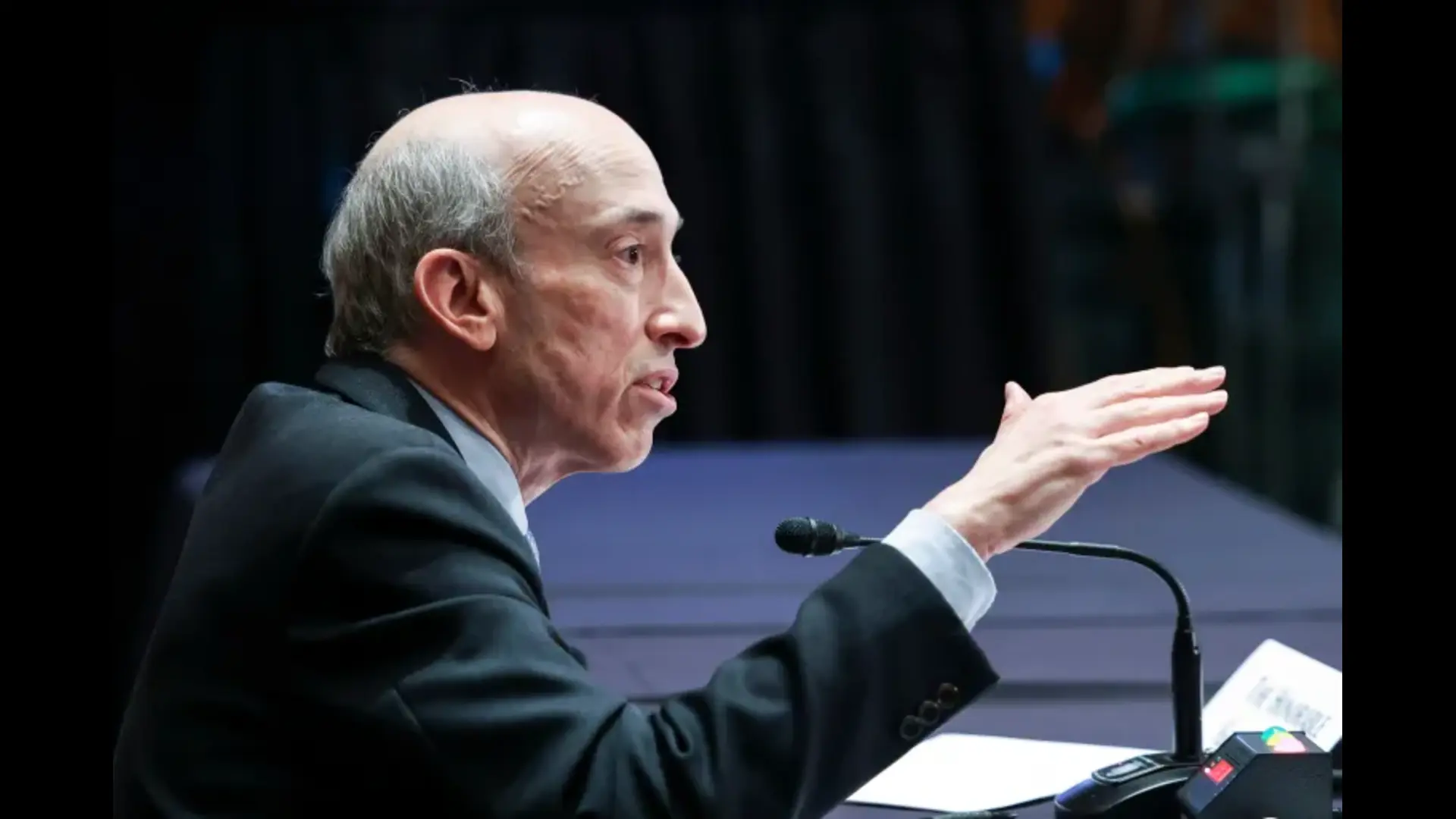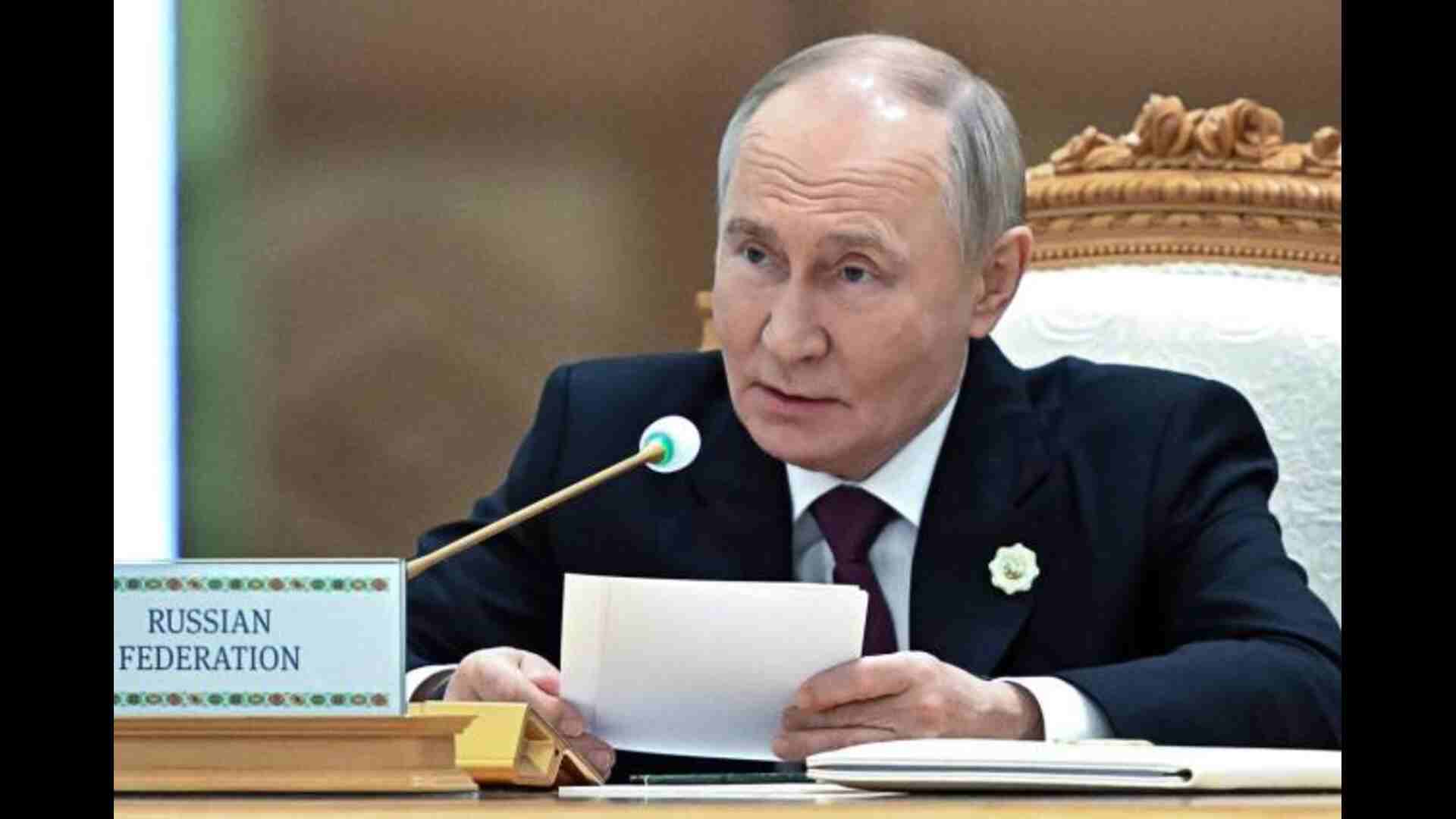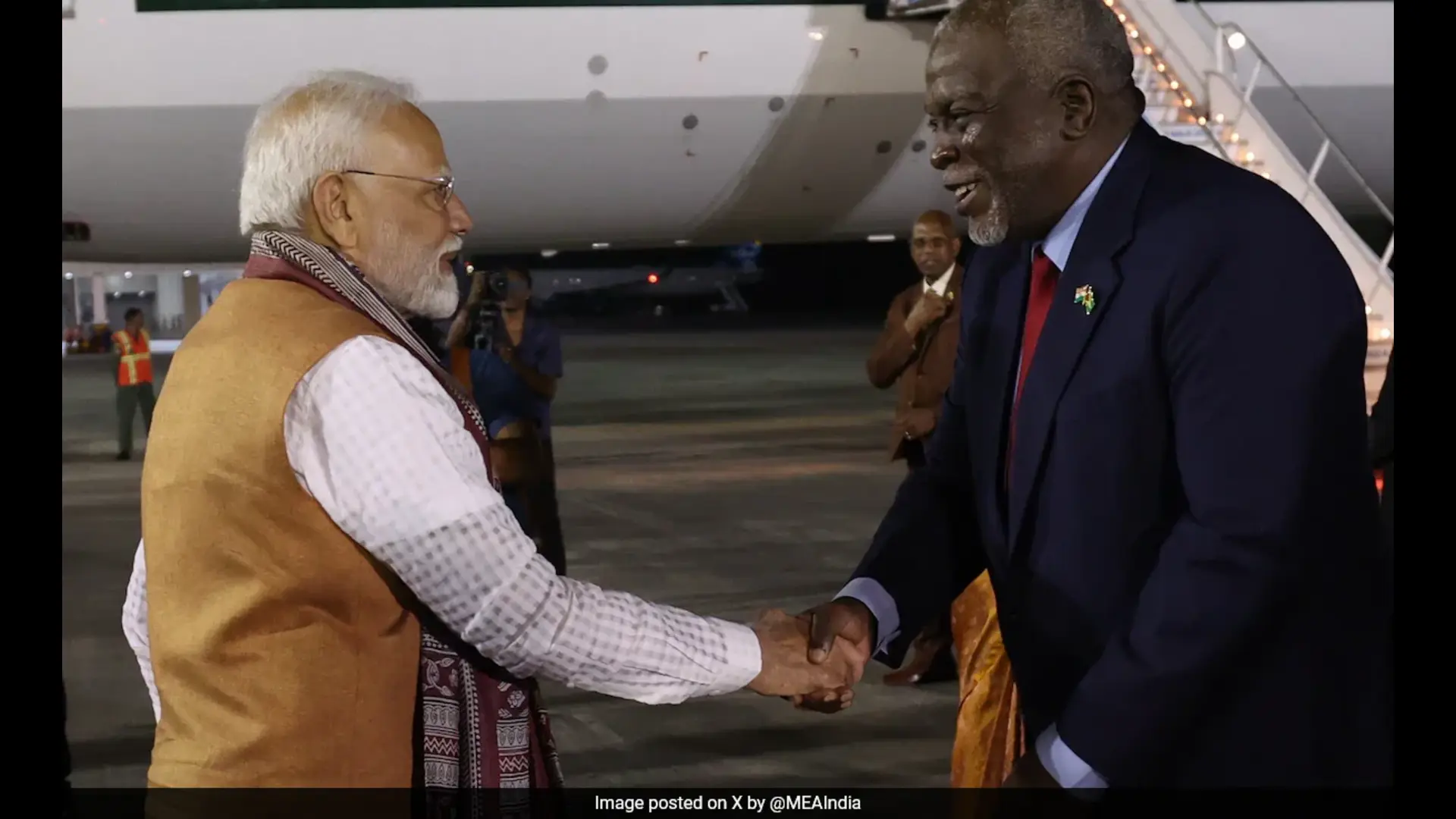Sri Lanka’s banking sector has sought more clarity and transparency from the government on the recently proposed domestic debt restructuring plans without causing a further escalation of the economic crisis in the country.
Having obtained a USD 3 billion facility from the International Monetary Fund, cash-strapped Sri Lanka is currently negotiating debt restructuring with bilateral and multilateral creditors and is expected to make an announcement on the restructuring of both domestic and external debt.
In a statement, the Sri Lanka Banks’ Association (SLBA), which represents all the licenced banks in the country and underpins all sectors of the economy, called out the government’s lack of transparency in the debt structuring process.
“The management of this process, including the priorities of the GoSL (Government of Sri Lanka) through their agents, the International Monetary Fund (IMF) expectations, and all public debt holders, is admittedly difficult given the diversity of interests,” the statement said on Monday.
“It must always be borne in mind that the banking sector will have to play an active role in Sri Lanka’s economic revival process,” the statement said. All stakeholders involved in structuring the restoration of the balance of payments to a sustainable equilibrium must take a careful look at the resulting outcomes, including the impact on the banking sector’s capital and liquidity in a potential domestic debt restructuring (DDR), and minimise the risk to the sector, the statement said.
“A further escalation of the situation we are in must be avoided,” it added. The banks sought clarity on Sri Lanka’s Central Bank and Treasury officials’ statements that there will be voluntary debt ‘optimisation’ for domestic debt holders and questioned whether there is a non-voluntary element that applies to state banks and pension funds, according to the report.
In April 2022, Sri Lanka declared its first-ever debt default, the worst economic crisis since its independence from Britain in 1948, triggered by forex shortages that sparked public protests. Months-long street protests led to the ouster of the then-president, Gotabaya Rajapaksa, in mid-July. Rajapaksa had started the IMF negotiations after refusing to tap the global lender for support. In March this year, the IMF approved a USD 3 billion bailout programme to help Sri Lanka overcome its economic crisis and catalyse financial support from other development partners.















